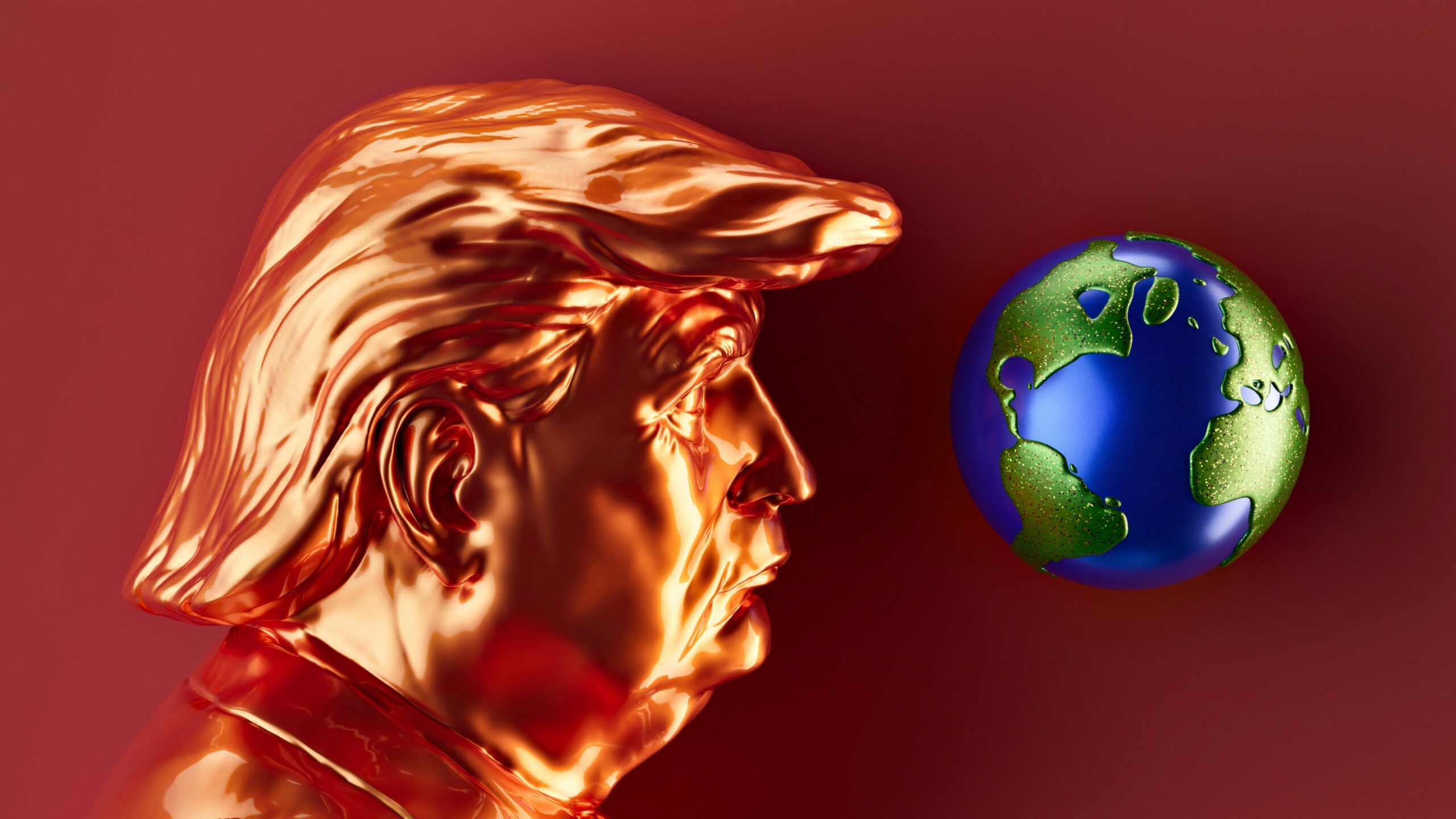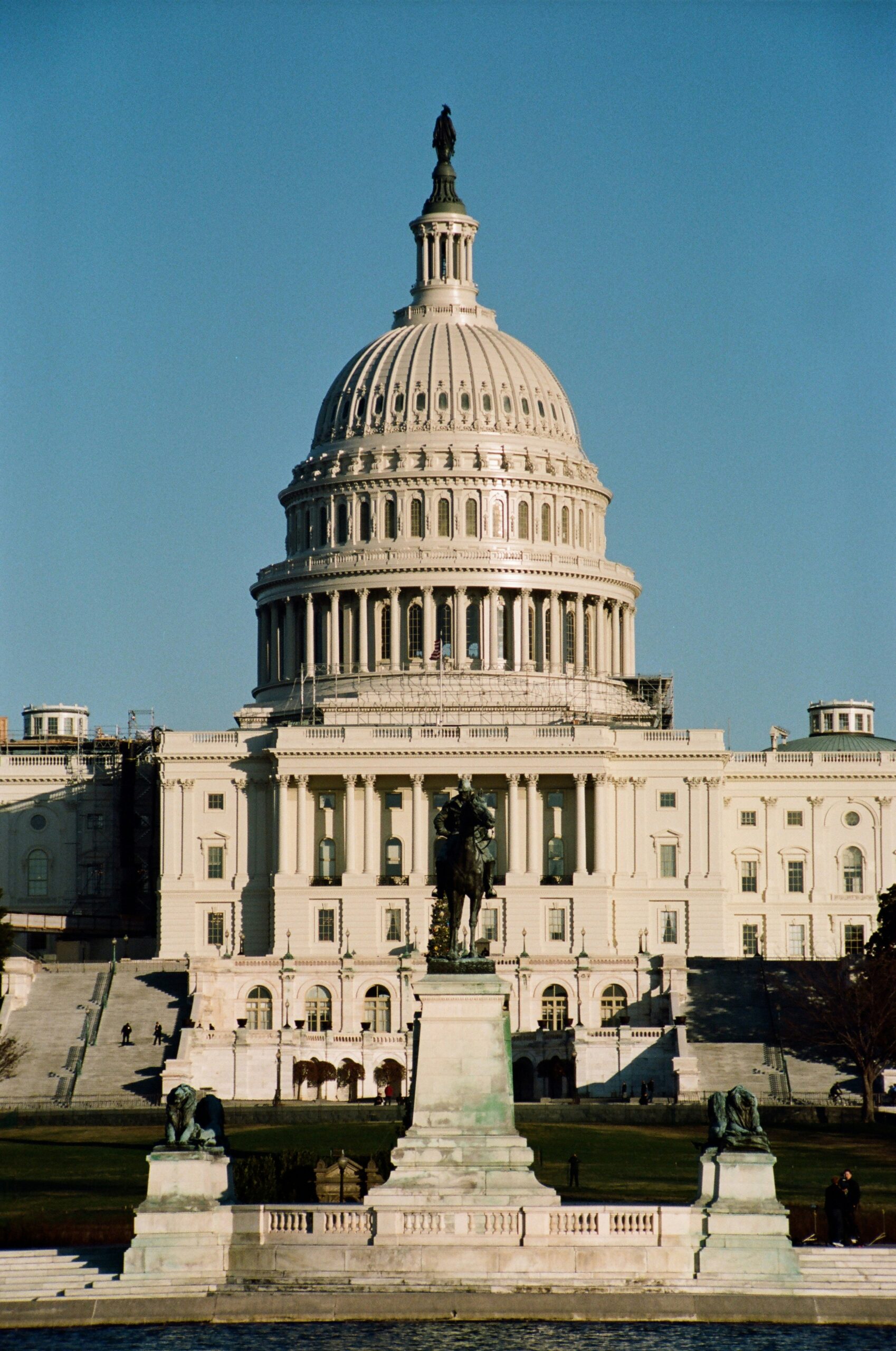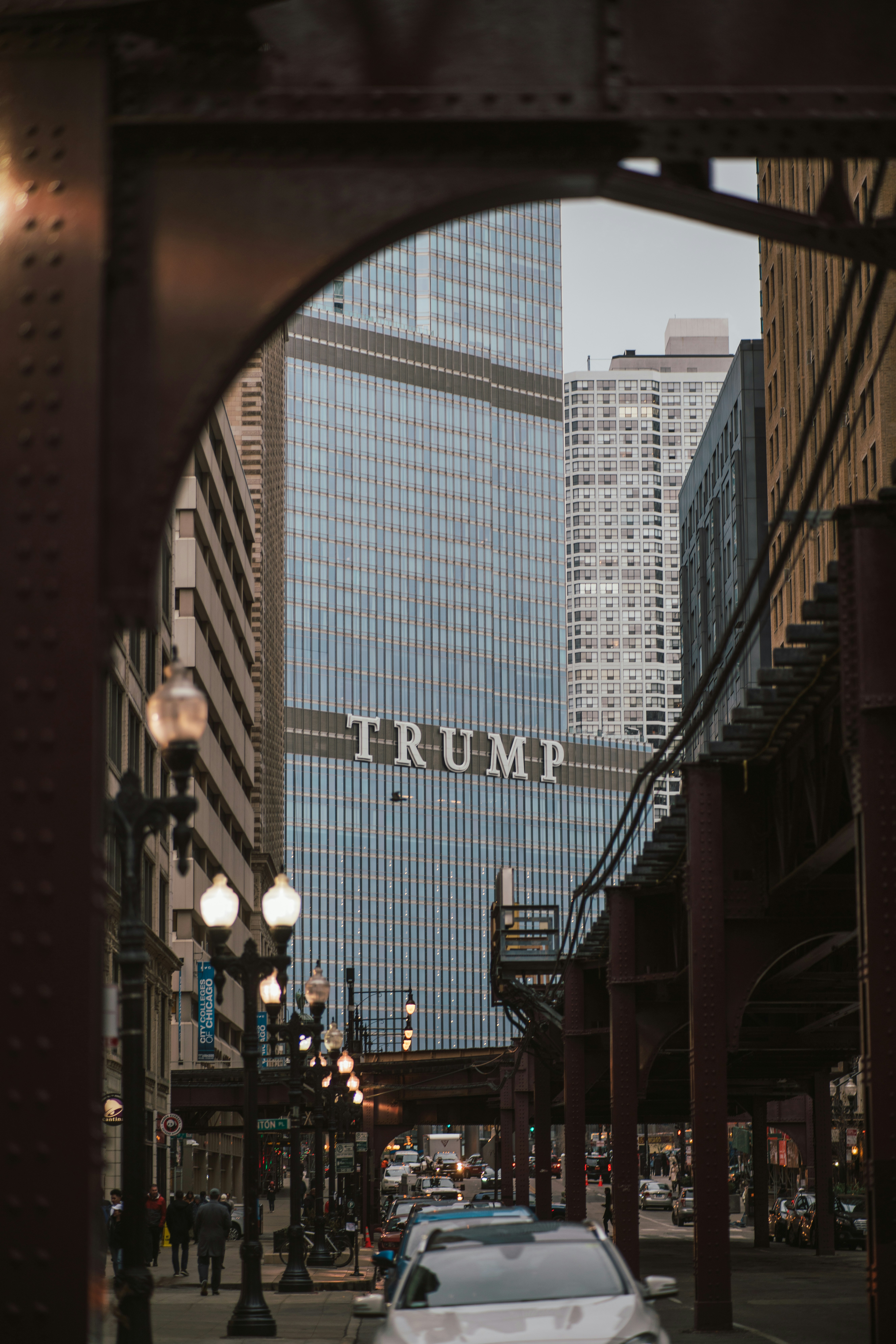Image credit: Pexels
As geopolitical tensions, regulatory unpredictability, and technological disruption converge, an interesting pattern is forming in the C-suite- silence. Over the past few weeks, several chief executives have expressed their anxieties, but almost exclusively behind the curtains.
A CEO of an important financial institution shared, “I’d rather not see my name, my company, or even my industry in the headlines right now.”
This sentiment reinforces a more comprehensive strategy being adopted across industries. While the leaders work hard behind closed doors, they hesitate to step forward amid well-articulated chaos.
Tariffs, Tech, and Treading Carefully
A range of anxieties preoccupies business leaders today. Many hope for a short-lived trade war and an end to tariffs. Others worry about the potential brand damage from political blowback. Regulatory concerns are also rising beyond the burden of red tape to the whiplash of unpredictable rule changes.
For now, however, managers will be engrossed in the smooth-flowing changes in artificial intelligence. Indeed, with technology moving at a devastating speed, people tend to accelerate within but do not want to make it more unstable than it already is. Stability matters in markets, currencies, and the international trading space.
Despite the uncertainty, many are hesitant to declare the end of the rules-based order or the era of free trade. One executive observed that it’s still too early to predict long-term outcomes. In the meantime, many are choosing to stay out of the spotlight.
Strengthening Internal and External Ties Behind Closed Doors
While they avoid media attention, CEOs are actively shoring up relationships where it counts. They now focus on reinforcing trust among employees, board members, and regulators. To fortify their businesses externally, they’re increasing key relationships with customers, vendors, and partners, especially in global markets outside the United States.
Many are also working to understand the players inside the Trump Administration better while closely monitoring court developments at both the state and federal levels. As one executive put it, to paraphrase Bob Dylan, you can’t criticize what you don’t understand.
In short, leaders are rebalancing. Public visibility has given way to private engagement as they seek clarity and build resilience in a volatile environment.
Turning to Industry Groups for Insight and Cover
As silence prevails, chief executives are working more than ever with their industries to lobby for their interests—groups like the US. The Chamber of Commerce, Business Roundtable, National Association of Retailers, and the American Hospital Association play a dual role in pressing corporate interests in Washington while giving timely information on what may be occurring next.
Off-the-record CEO events are also gaining traction. Recent private gatherings, including one in New York featuring Canada’s Chrystia Freeland, former Transportation Secretary Elaine Chao, and former Commerce Secretary Wilbur Ross, have seen a spike in attendance. Such events are now becoming a trusted space for cross-industry conversations away from headlines and scrutiny.
Legal Strategy Meets Political Objectives
Sean West, cofounder of Hence Technologies and author of “Unruly: Fighting Back when Politics, AI and Law Upend the Rules of Business,” believes companies “need to be thinking about, how do you achieve your political aims through the legal system?” That means closer coordination between legal departments and business units, a shift many CEOs embrace.
West also notes a key evolution in the role of industry associations. “You need to force your industry groups to take a much more combative position than they want to do if you’re afraid to do it yourself,” he says. “Industry groups are no longer just about, kind of quietly slowing down policy-making. They can be a vehicle for safety in numbers.”
The Quiet Calculus of Corporate Survival
For now, the quiet strategy is a calculated one. In an era when missteps can carry outsized consequences, leaders choose discretion. They are leaning on alliances, gathering intelligence, and preparing to adapt. Staying off the radar may be the loudest statement a CEO can make.















































































































































